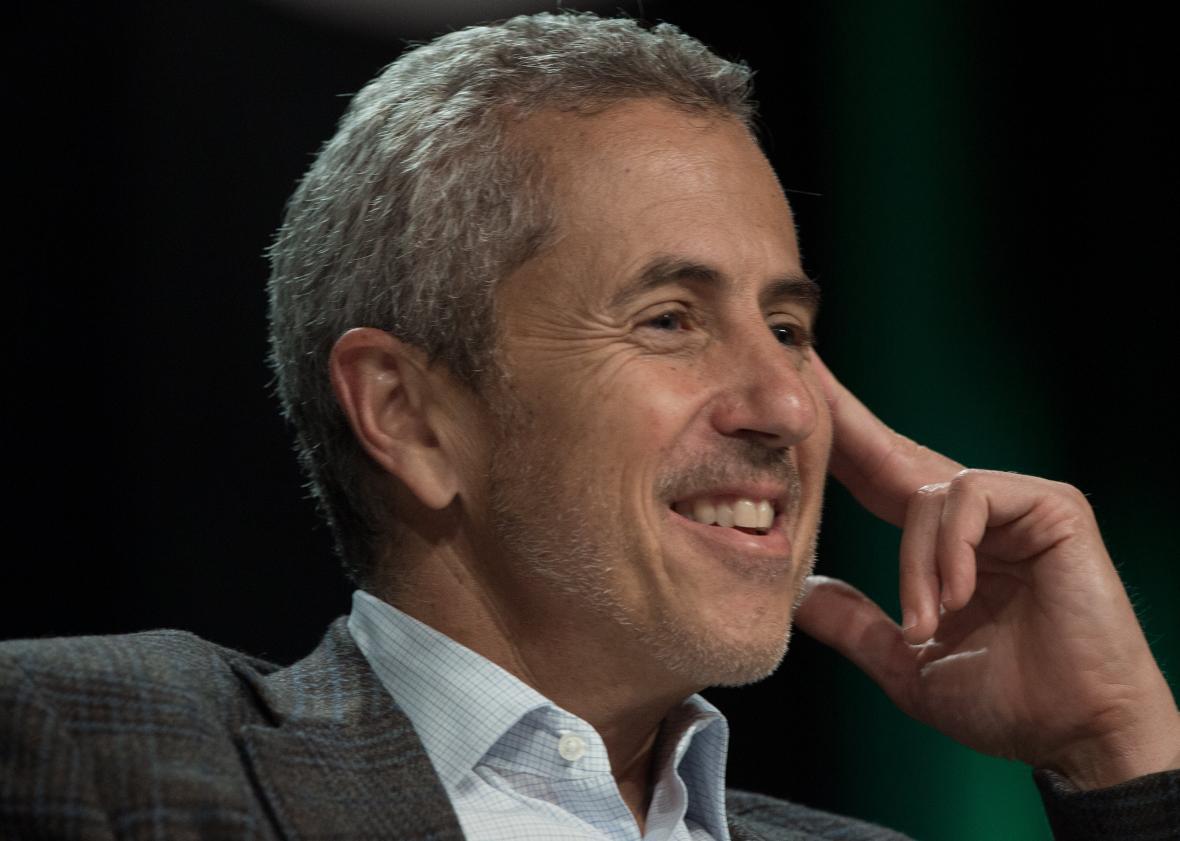Forcing waiters and waitresses to survive on tips from customers rather than normal wages is a pointless, gross, and uniquely American custom that, in the past several years, a handful of progressive restaurant owners have attempted to do away with, often with positive results. On Wednesday, one of the most famous names in the dining business says he’s about to join their ranks. Danny Meyer, CEO of Union Square Hospitality Group, has announced that he plans to gradually eliminate tipping at the company’s 13 restaurants and charge higher menu prices in order to pay staff fairly. Diners won’t simply be discouraged from leaving a gratuity; their checks won’t even include a line to write one in.
Meyer is perhaps best known today as the founder of Shake Shack, now an independent public company. But he has long been one of the most prominent and influential restaurateurs in New York City, the force behind celebrated establishments including Gramercy Tavern, Union Square Cafe, Blue Smoke, and the Modern at the Museum of Modern Art. If anybody is capable of turning the tide against tipping, at least in the upper echelons of the restaurant world, it may be him.
What, exactly, is wrong with tipping? As Brian Palmer has explained at Slate, more or less everything. To start, leaving a waiter’s pay in the hands of fickle customers reeks of classism. But in theory, handing restaurant patrons the power to tip is at least supposed to motivate better, more attentive service. This fails in practice because humans turn out to be pretty arbitrary about their tipping behavior. Research has shown that, overall, the amount diners leave has very little to do with their level of satisfaction, but can be influenced by things like whether they’ve had a bit to drink or a waiter draws a smiley face on their check. Some people vary up their tips a little based on their experience. Some vary them up a lot. And some don’t vary them at all. All of this creates little incentive for waiters and waitresses to do anything but turn over as many tables as possible with the hope of lucking into someone who will generously tack a bit more onto their bill.
Which, in the end, is essential to their livelihood. Federal law allows restaurants to pay tipped workers as little as $2.13 hour (though many states require at least somewhat more), with gratuities making up the rest, a fact that lots of diners fail to realize when they dock a tip because the waiter forgot to fill their coffee cup a sixth time. It also leaves employees prone to tip-skimming from managers, especially when gratuities are pooled, which frequently leads to expensive litigation.
Tipping is also grossly unfair to kitchen staff. The law allows restaurants to split tips between front-of-the-house workers like waiters, hosts and hostesses, and bartenders, but not cooks. This creates a system in which the people serving the food in a restaurant can earn more than the people preparing it, even though the latter have often shelled out for an expensive culinary-school education. As Eater explains in a long and fascinating look at Meyer’s decision, the inability to pay kitchen crews fairly is one of the main issues he’s looking to rectify by killing off tipping.
One of the most fascinating aspects of Meyer’s move is that, unlike some restaurant owners who have taken an anti-tipping stand, he won’t simply add a standard gratuity charge to diners’ bills. Rather, Union Square Hospitality Group intends to raise menu prices enough to fully cover the cost of a meal. Whether this will cause mass sticker shock among customers, who tend to be lulled by the artificially low printed prices tipping allows, is one of the big open questions of this experiment. But if Meyer manages to move away from tipping at all without hurting his profits, it would almost certainly set the stage for others to follow suit.
In short, this could be a, um, tipping point.
